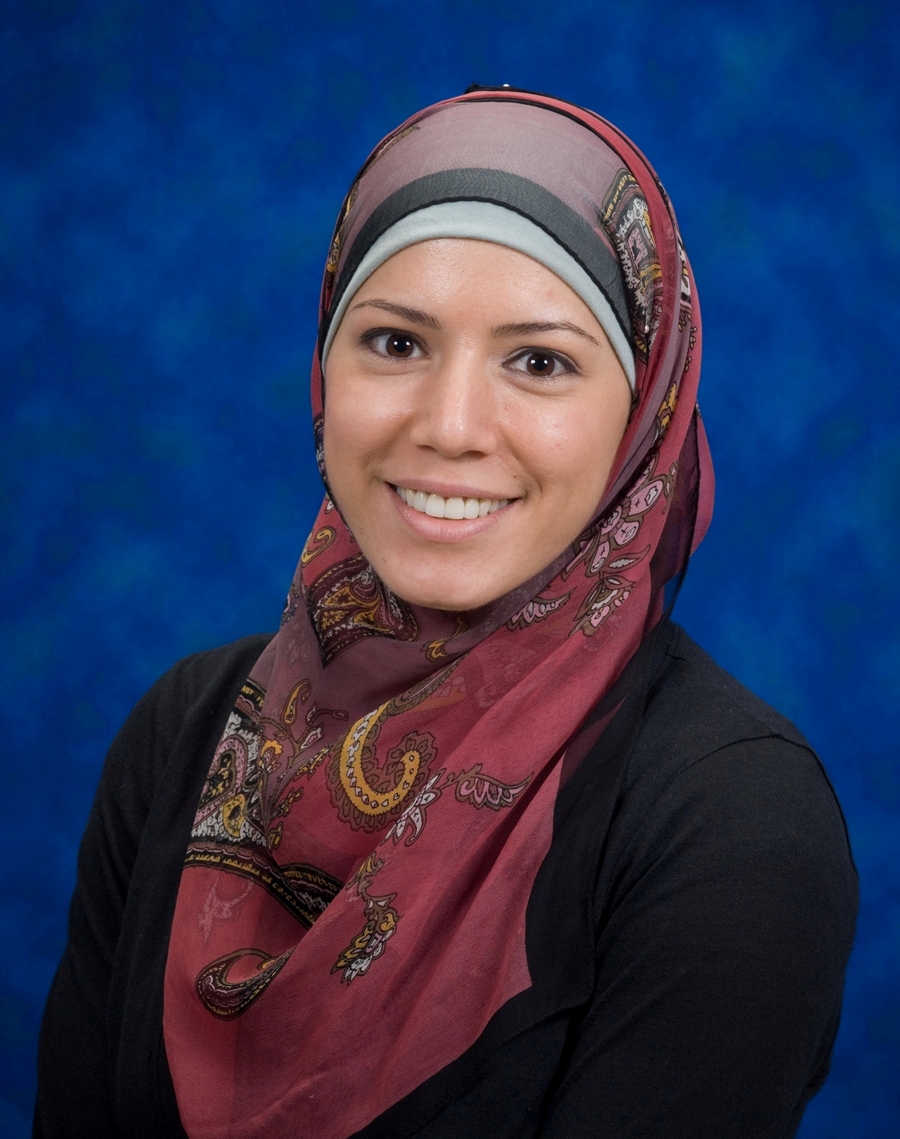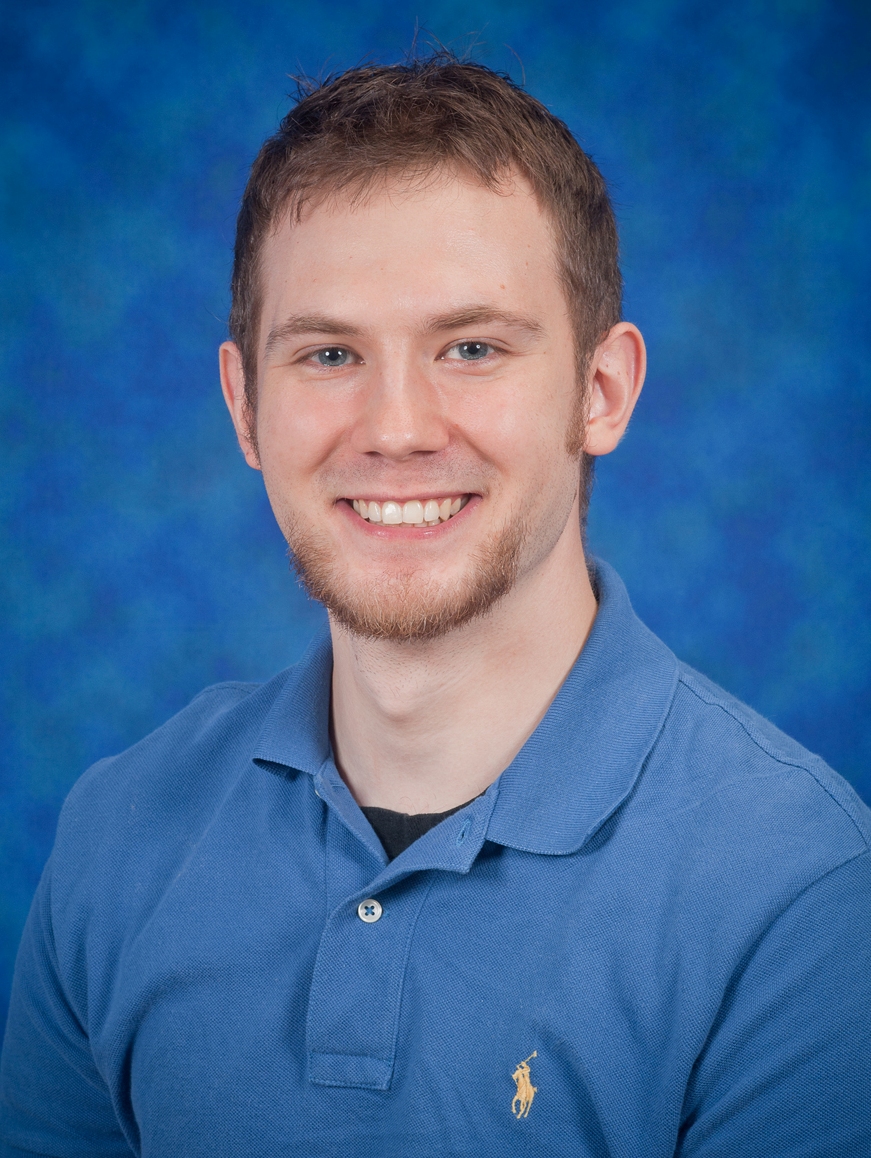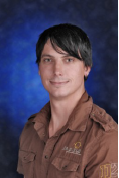@Wayne State University
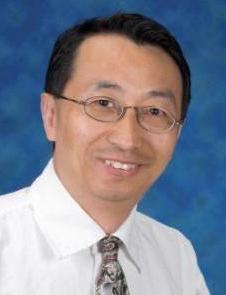
Dr. Henry H.Q. Heng
Professor,
Center for Molecular Medicine and Genetics,
Department of Pathology, Karmanos Cancer
Institute
Visiting Professor, College of Life Science,
Sichuan University, Chengdu, China
Dr. Heng's current research focuses on developing the genome theory of cancer and organismal evolution. He has coauthored over 160 publications and serves on editorial boards of four international journals.
Using single cell analysis of in vitro and in vivo models, his group has illustrated the evolutionary dynamics of cancer
progression by directly observing evolution in action. These systems have allowed his group to mimic discrete runs
of evolution by continuously culturing independent clones in parallel experiments. These experiments demonstrate
that stochastic genome alterations rather than gene mutations are the driving force of cancer evolution. In
particular, there are two phases of cancer evolution which repeat in multiple cycles. The first is punctuated phase
where excessive genome change occurs, rendering it impossible to trace intermediates. The second is the
Darwinian stepwise phase where intermediates can easily be identified. Punctuated cancer evolution has been
recently confirmed using single cell sequencing, reinforcing the conceptual challenge of tracing genes to study
cancer evolution.
Many genetic, epigenetic and environmental factors can induce the system instability that leads to cancer. To
succinctly explain this, the evolutionary mechanism of cancer has been proposed. It includes three key components:
1. Stress-induced system instability, 2. Population heterogeneity, 3. Genome mediated macro-evolution. This
synthesis challenges the traditional approach of focusing on specific molecular mechanisms or specific gene(s), as
each independent molecular mechanism is of limited clinical value compared to the large number of different
mechanisms possible.
The genome represents the highest level of genetic organization and is the key evolutionary selection platform.
Genome alterations drive macro-evolution while gene mutations impel micro-evolution. His group has further
applied this concept to organismal evolution where they consider the genome to be the main evolutionary
constraint. This has led to the theory that the main function of sex is to reduce genetic diversity at the genome
level in order to preserve the genome-defined identity of the species.
Find Dr. Henry Heng's research on PubMed and Scopus.
Current Members
Batoul Abdallah
Graduate
Research Assistant
Batoul has
earned Bachelor's degrees in Secondary Education
in Integrated Science and History and a Master's
degree in Public Administration from the
University of Michigan. She joined the
Center for Molecular Medicine
and Genetics in 2009 and has been a member of
the Heng Lab since Winter 2010. Batoul's
research interests
include cancer evolution and tumor
heterogeneity; specifically, she is
investigating the evolution of tumorigenic,
single cells in an ovarian cancer mouse model.
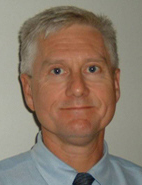 Steven Bremer, DPM
Steven Bremer, DPM
Research
Associate
Steven Horne
Graduate Research Assistant
Steven received
his B.S. in Biology from the University of
Michigan in 2005. From 2006-2010, he was a
laboratory
technician at the DNA Sequencing Core at the
University of Michigan. He received his
M.S. in Molecular/Cellular
Biology from Eastern Michigan University in
2009. Steven joined the Center for
Molecular Medicine and Genetics
in 2010 and has been a member of the Heng Lab
since Winter 2011.
Guo Liu
Research
Assistant
Joshua Stevens,
Ph.D.
Postdoctoral
Research Fellow
Alumni
Graduate Students
Wei Lu, M.S. Student (2000-2003)
Joshua Stevens, Ph.D. Student (2003-2009)
Dian Wang, M.S. Student (2003-2004)
Julia Dipierdomenico, M.S. Student (2004-2005)
Lesley Lawrenson, M.D./Ph.D. Student (2007-2010)
Dr. Heng has advised in the following committees
Susan Wykes - Thesis Committee (1999-2003)
Amelia Quayle - Thesis Committee (2005-2009)
Natalie Jameson - Thesis Committee (2009-2013)
Rotation Graduate Students
Stacey Sakowski (2001)
Joshua Stevens (2002)
Dongmei Liu (2003)
Guy Lenk (2003-2004)
Jianbin Shen (2005)
Amy Simpson (2006)
Alexis Sanders (2007)
Jennifer Nischan (2007)
Natalie Jameson (2008)
Graham Johnson (2008-2009)
Kathleen Maheras (2009)
Batoul Abdallah (2010)
Nermin Gerges (2010)
Steven Horne (2010-2011)
Chris Sinkler (2011)
Roberto Mendez (2011)
Charanya Ganesh (2011-2012)
Summer Undergraduate Research Program Students
Carmen Williams (1999)
Li-Chung Wang (2003)
Marijana Atanasovski (2004)
Ardeta Gjikola (2005)
WenXin Xu (2006)
Angelika Martina Girard (2007)
Pauline Smith (2008)
Ruchi Amin (2009)
Sarah Regan (2010, 2011)
Justin Barbat (2012)
Sarah Pollick (2013)
Matthew Wexler (2014)
Additional Students
Chereka Thomas - MARC Program (2001-2002)
S. Goetze - International Visiting Student (2002)
Tarak Trivedi - Research Apprenticeship Program (2003)
Eli Day - Special Student (2004)
Elizabeth Zhao - Special Student (2004)
Huseyin Sumer - Ph.D. examiner, U of Melbourne (2004)
WenXin Xu - Special Student (2004)
Jay Swathirajan - High school science training (2005)
Rajeev Blanca - Special Student (2005)
Jin Chen - Special Student (2005)
Daisy Lin - Summer Student (2005)
Idil Omar-Mohamed Mohamud - Special Student (2006)
R.H. Shah - High school science training (2006)
Brandon Mansoor - Special training (2006-2007)
Robert Lin - Medstar summer program (2007)
Mega Trivedi - Summer special high school student (2008)
Lili Huang - Special training (2008-2009)
Andrew Ying - High school science training (2013)
